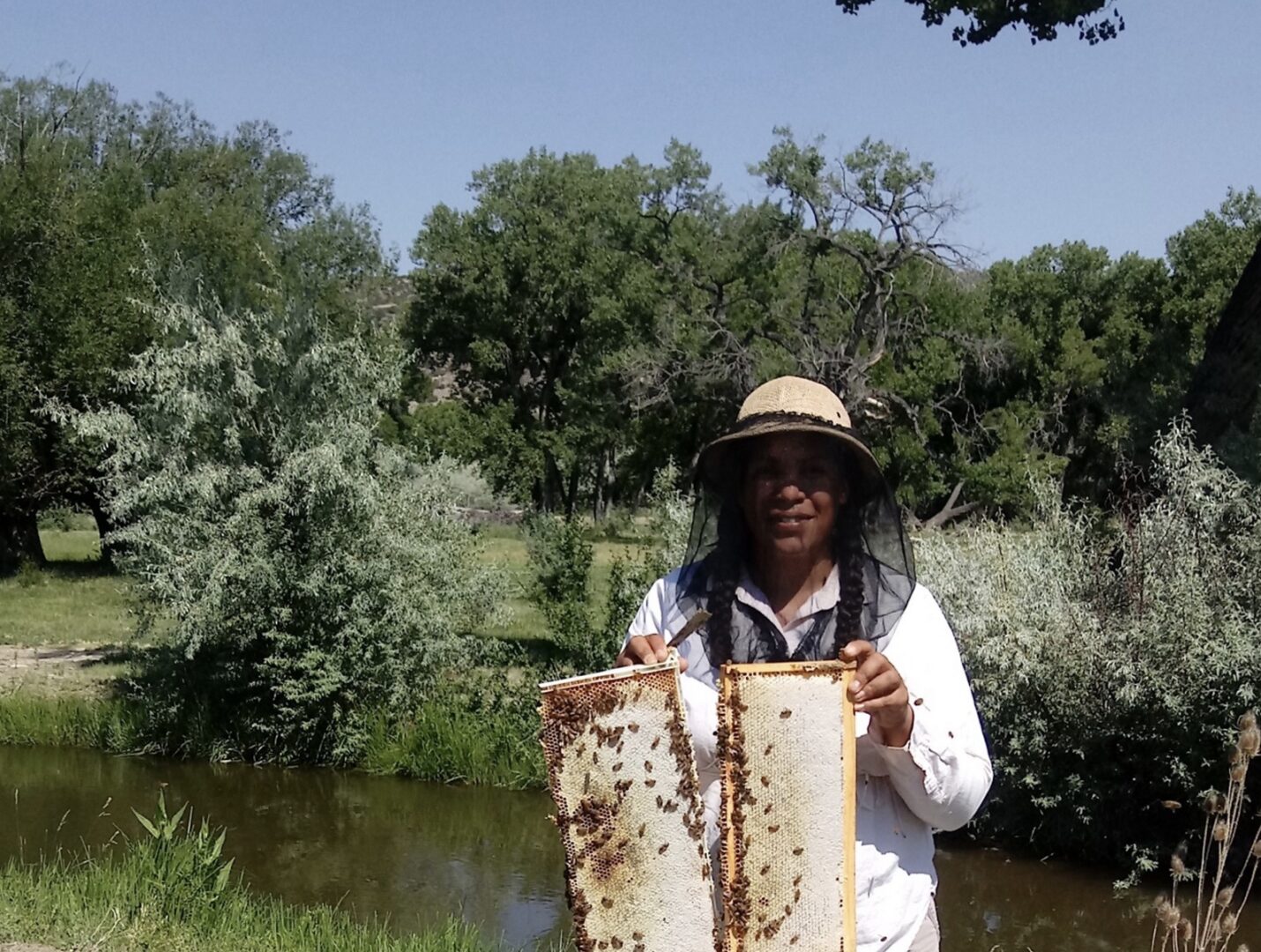We’re excited to introduce you to the always interesting and insightful Melanie Kirby. We hope you’ll enjoy our conversation with Melanie below.
Melanie, so good to have you with us today. We’ve got so much planned, so let’s jump right into it. We live in such a diverse world, and in many ways the world is getting better and more understanding but it’s far from perfect. There are so many times where folks find themselves in rooms or situations where they are the only ones that look like them – that might mean being the only woman of color in the room or the only person who grew up in a certain environment etc. Can you talk to us about how you’ve managed to thrive even in situations where you were the only one in the room?
I’ve learned to be effective by sharing my humanity. We’ve been conditioned to seem emotion-less and to portray ourselves are independent successes, but truth is- we are only effective and successful because of all who have inspired and taught us. By sharing our humanity with one another, we are able to embrace moments of vulnerability, and in those moments, we find each other. We feel less alone. We recognize that we are relatives, that we have experiences that parallel each other, and that resonate with our individual and collective lives. I’m a voracious learner which I attribute that to being of mixed heritage. It continues to be imperative to me and my existence to learn to embrace and reconcile my mixed bloodlines. I cannot hate myself, and in order to survive, I have learned to love all peoples- even those who seem contrary to my existence because I see them- not only as fellow planetary inhabitants, but as myself- a soul who is learning and who has a lot still to learn. Embracing humanity allows me the potential to connect with others in any room- even if I am the only one who looks like me. It can feel lonely initially- but find one’s purpose sometimes means we have to be the only one who looks like us in the room in order to push back on imposed boundaries and limitations that prevent us from finding and being our true selves- as stewards of our lives and of the communities we create.
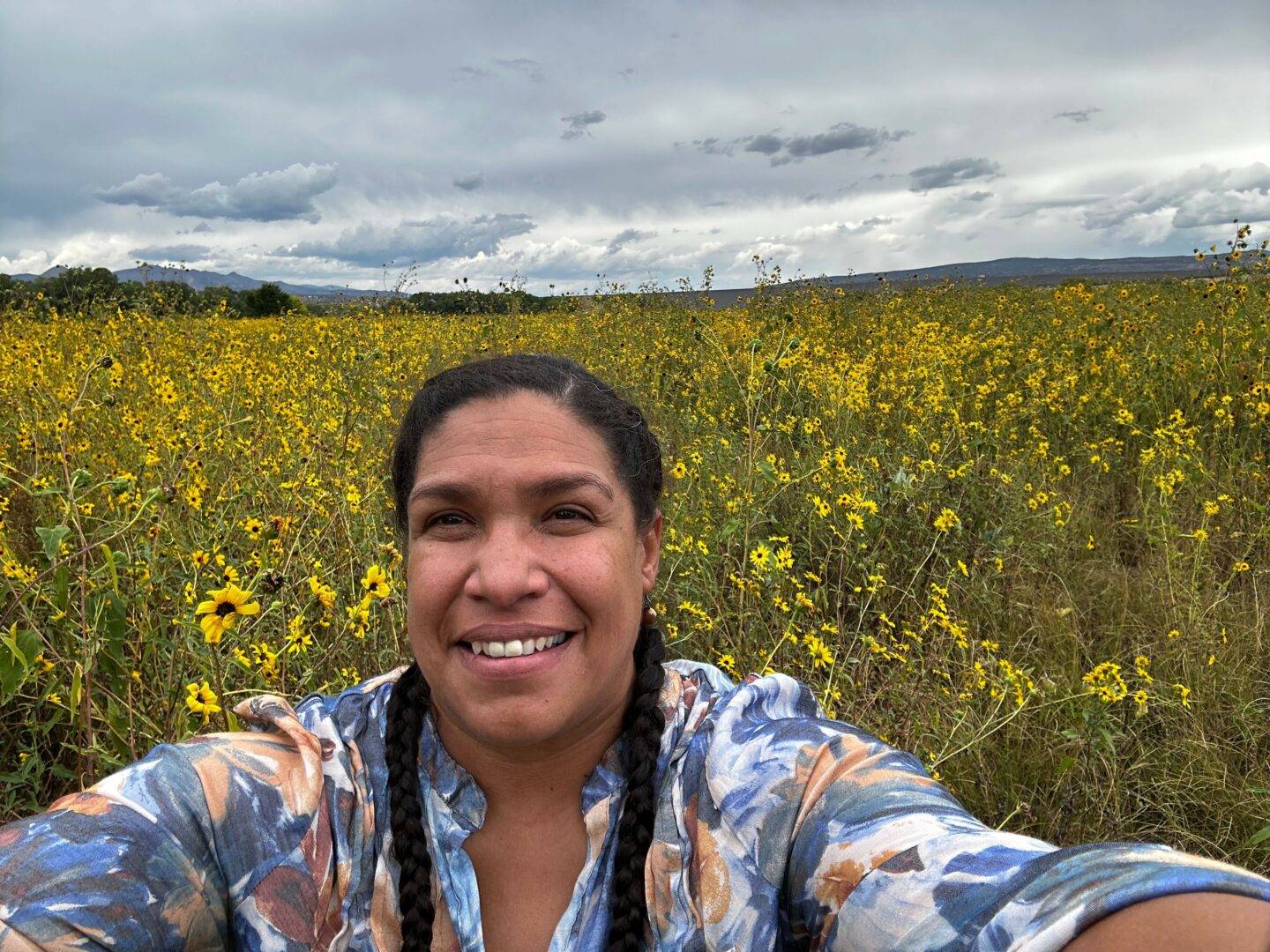
Let’s take a small detour – maybe you can share a bit about yourself before we dive back into some of the other questions we had for you?
Melanie Margarita Kirby is an interdisciplinarian weaving science, art, and stewardship for pollinator conservation. Her journey is multifaceted as bees originally found her in the jungles of South America nearly 3 decades ago and have since taken her on a journey exploring the intersections of apiculture, ecology, and anthropology. Melanie is the co-founder of Zia Queenbees Farm & Field Institute in the southern Rockies specializing in breeding regionally adaptive bees and founder of both Poeh Povi: The Flower Path Collective of Indigenous Matriarchs which promotes regenerative land stewardship, pollinator and seed conservation, and the coast-to-coast Adaptive Bee Breeders Alliance which connects field to lab climate adaptive bee stewardship. Melanie serves as an Extension Educator and Pollinator Specialist at the Institute of American Indian Arts in Santa Fe where she focuses on plant-pollinator-people research and interconnected ecological and cultural relationships through art-sci outreach.
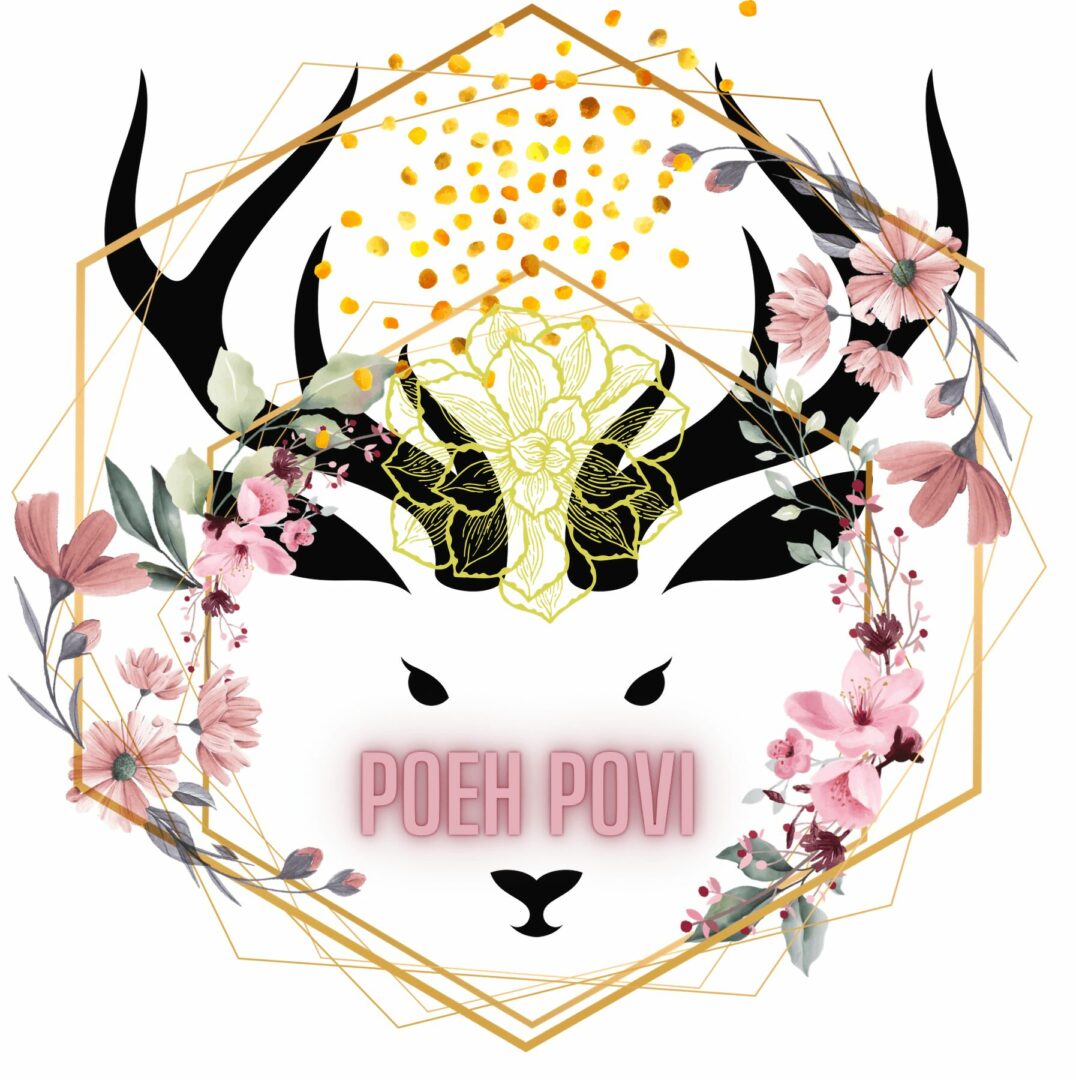
If you had to pick three qualities that are most important to develop, which three would you say matter most?
Three qualities, skills, and areas of knowledge that impacted me the most on my journey include:
1. Allowing my curiosity to ignite my courage for putting myself in unfamiliar spaces in order to learn and grow outside of my comfort zone,
2. Finding stability in my cultural roots which feeds my spiritual and emotional mindsets of resilience and regeneration,
3. Feeding my creativity by reflecting on the macro to micro aspects of life, relationships, and interconnectedness.

What is the number one obstacle or challenge you are currently facing and what are you doing to try to resolve or overcome this challenge?
The foremost obstacle I am facing is permanent land access. I’m a landless bee farmer and habitat steward. By necessity, I have been inspired to share my bees with other stewards to support their farm production and habitat restoration which in turn provides diverse forage for my bees and benefits communities across a region. However, I have no land of my own and so my larger vision of trying to establish a pollinator conservatory requires that I seek funding and community collaboration. My hope is that by sharing this larger vision, and by continuing to share the benefits of pollinators and how they help to feed the world- including wildlife to humans, that those interested in supporting this cause will connect with me so that we can establish a lasting legacy that will enrich our state, community, and nation. My goal is to develop this pollinator conservatory so that it can be a breeding zone for diverse pollinator relatives/species, and help to grow seed for rehabilitating wildfire and climate crisis impacted areas.
Contact Info:
- Website: https://www.ziaqueenbees.com
- Instagram: @ziaqueenbees @nectarnomad @flowerpath_poehpovi @adaptivebeebreedersalliance @iaialandgrantprograms
- Linkedin: https://www.linkedin.com/in/melanie-kirby-3b473057/
- Other: https://www.wevideo.com/view/1906421483
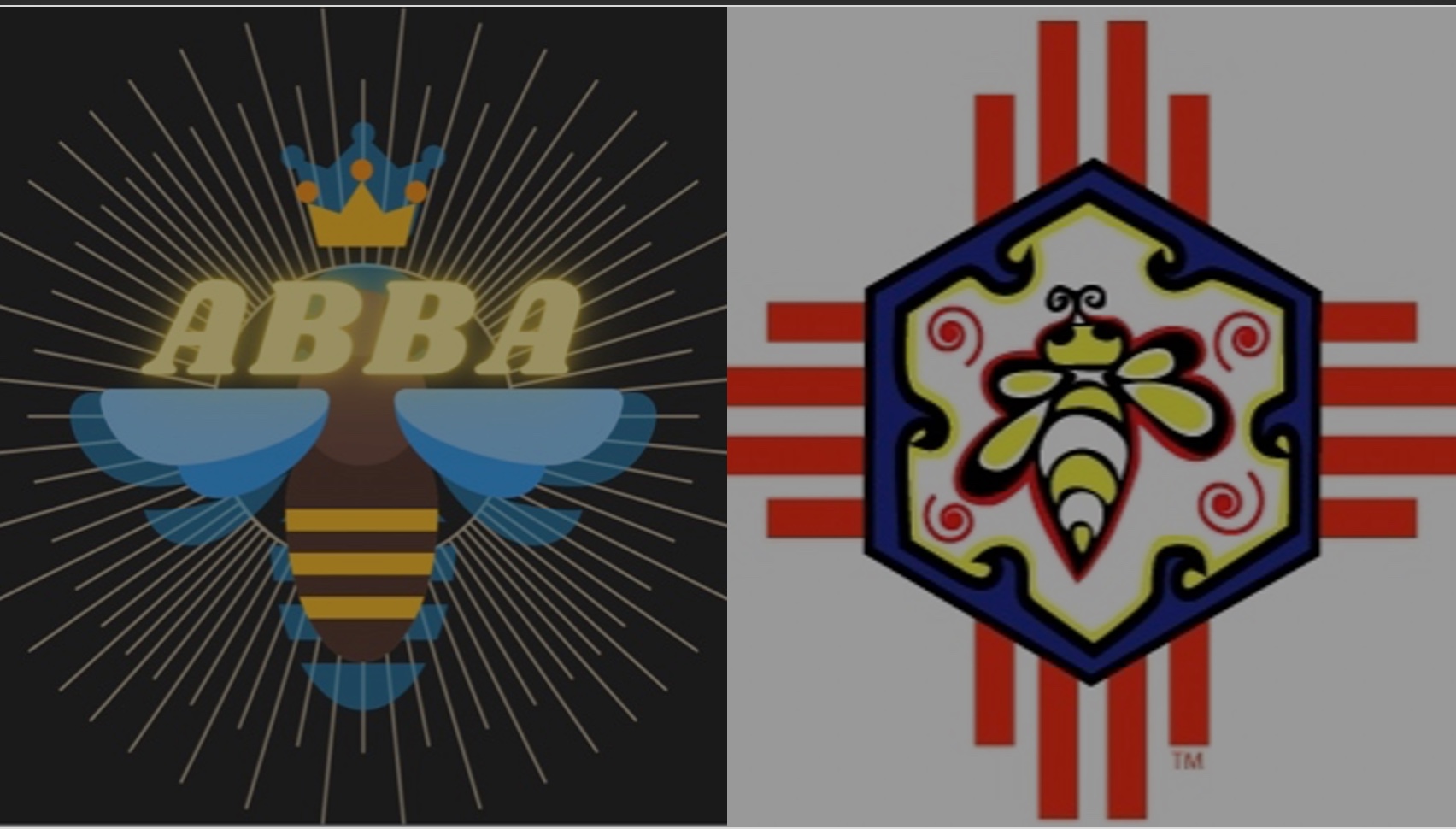
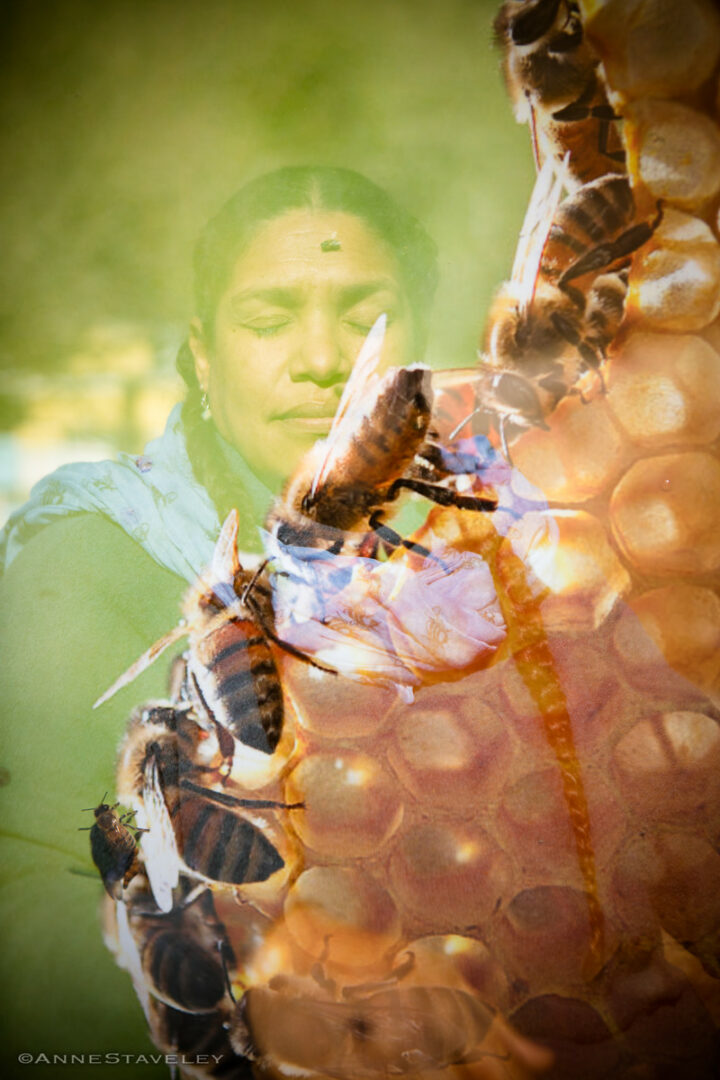
Image Credits
Superimposed image by Anne Stavely (I have permission to use this photo she took of me)
Other photos are selfies (credit myself) or my farm partner: Mark Spitzig (who has given permission for me to use)
Logos I designed and use for my projects.
so if you or someone you know deserves recognition please let us know here.

